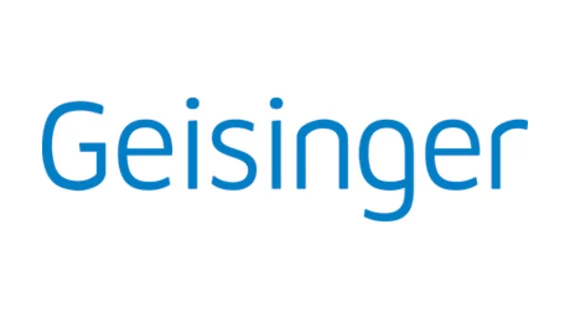Geisinger CEO won’t lead Amazon-Berkshire-JPMorgan healthcare partnership
CNBC reported on May 7 that Geisinger Health System CEO David Feinberg, MD, was the top pick to lead the healthcare venture run by Amazon, Berkshire Hathaway and JPMorgan Chase. Within hours, Feinberg said he wouldn’t be leaving Geisinger but “appreciated being part of the conversation.”
The vaguely defined partnership has been hyped as a sign of impending Silicon Valley-esque disruption for healthcare, while others have seen little more than another group purchasing organization by large employers. The CNBC report indicated the companies are aiming for more based on what they asked CEO candidates, with the top ten choices tasked with writing a whitepaper on how they would fix the U.S. healthcare system.
That list of ten was then narrowed down to three. According to CNBC, JPMorgan CEO Jamie Dimon would interview those three choices, eliminating one and sending the two to Berkshire’s Warren Buffett. Then Buffet’s top choice would meet with Amazon CEO Jeff Bezos, who would have the power to veto the pick.
Buffett and Dimon had announced on the morning of May 7 that the final candidate had been selected and a public announcement would be coming in the next two weeks. After CNBC’s initial report, Feinberg said he’ll be staying at Geisinger, though CNBC stuck by its sources who said he was the top choice at one point.
“I personally remain 100 percent committed to Geisinger and remain excited about the work we are doing and the opportunities ahead as we continue to deliver exceptional care to our patients, our members and our communities,” Feinberg said in a statement.
CNBC had reported in March three other names were on the CEO shortlist: former acting administrator of CMS Andy Slavitt, former U.S. chief technology officer and Castlight Health co-founder Todd Park and Gary Loveman, a former senior executive at Aetna. Both Slavitt and Park quickly refuted those rumors, saying they didn’t want the job.
Read more at the link below:

